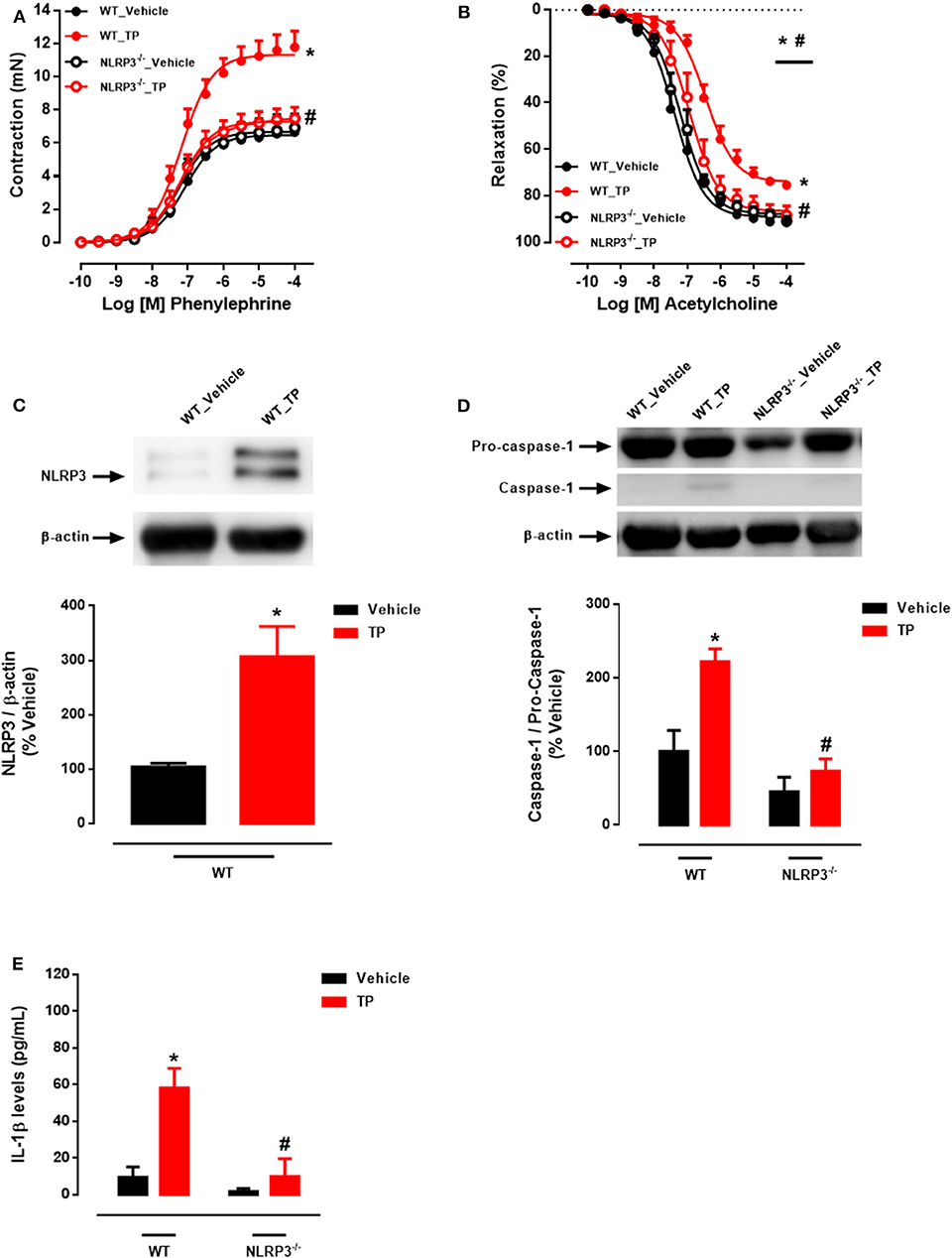I promise you, this is not true. Maybe for you, and maybe for some people, but certainly your blanket statement does not apply to everyone. Neither have you provided data (I accept tons of anecdotes as data for my purposes, not only studies). We have RECENT reports over at T-nation of exactly such small doses causing "numb dicks" on well respected and knowledgeable members. Are they all lying? That, and that alone has scared me away and stopped me from ever experimenting with nandrolone.Today - simply adding another 50-100 mg of Nandrolone on top of TRT does not create this problem
So bullshit that 50-100mg nandrolone doesn't cause dopamine (or dick) issues in EVERYONE. Don't peddle such info. It works for you, yes. If you are in such pain that you need nandrolone, certainly go for it. You are making a trade off - the pain reduction is of greater utility to you than the potential harms. For many, this will be a valuable trad off.
But is nandrolone a mood booster at small doses in addition to TRT? In the absence of severe pain or wasting should nandrolone be taken? I think not.





















